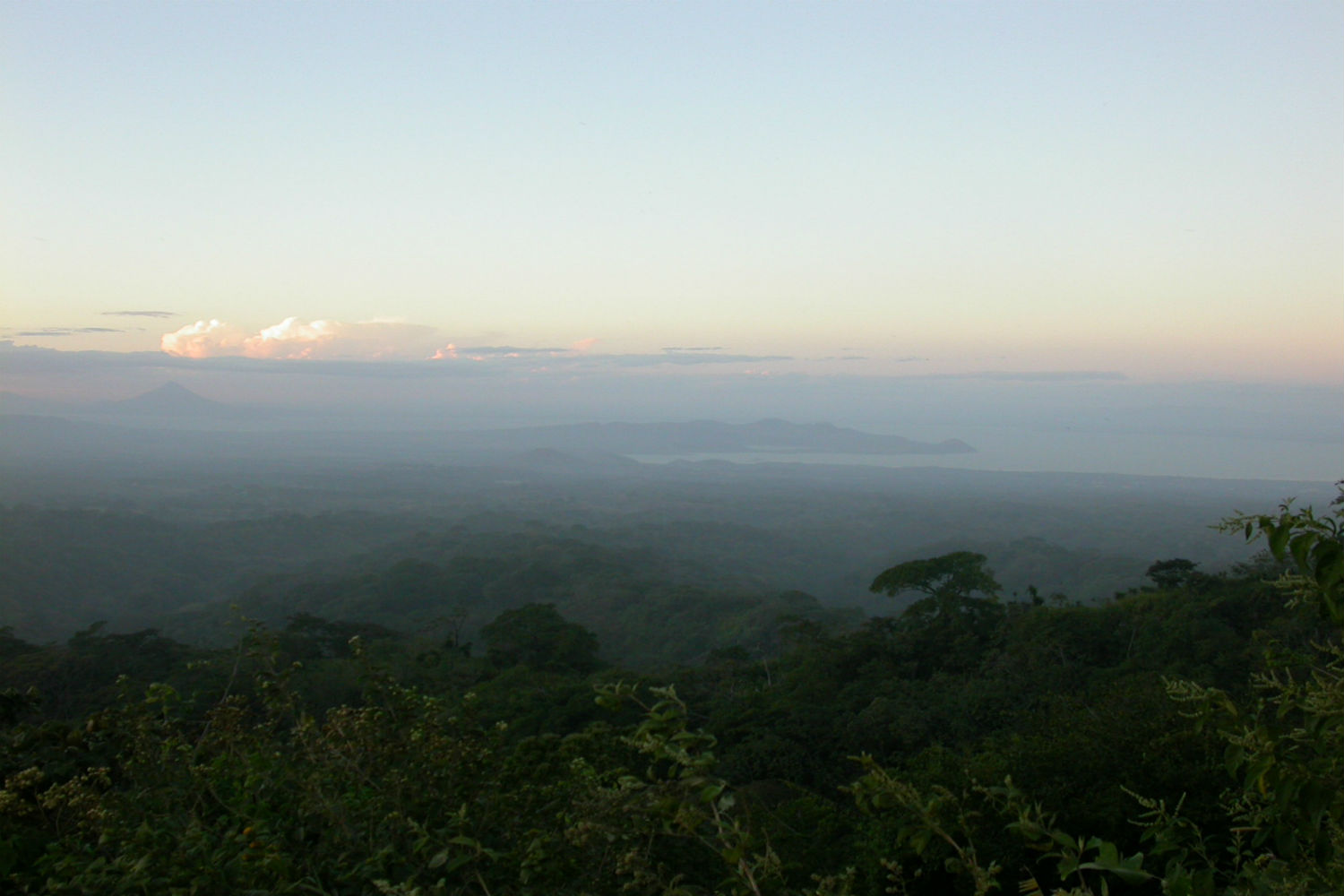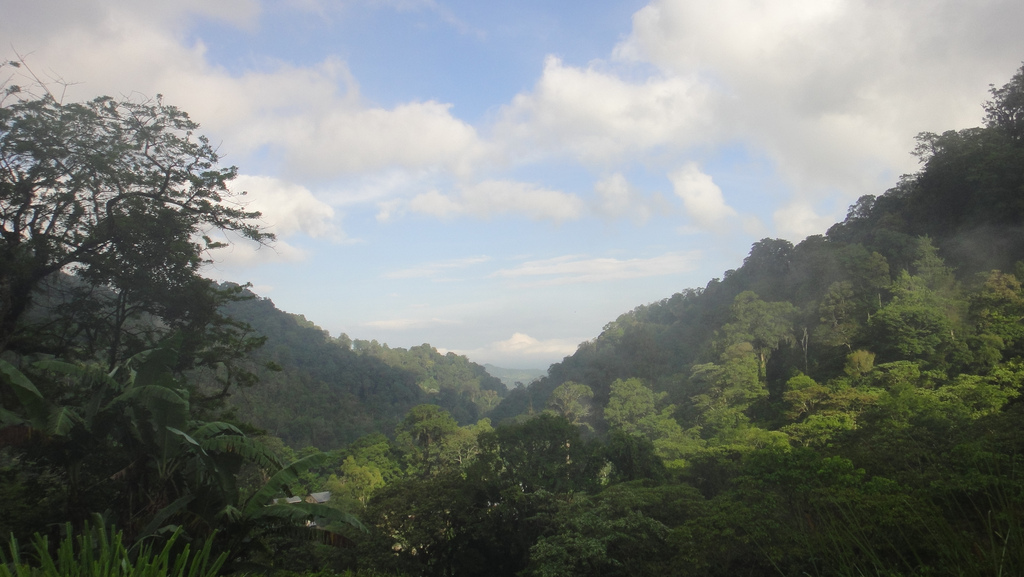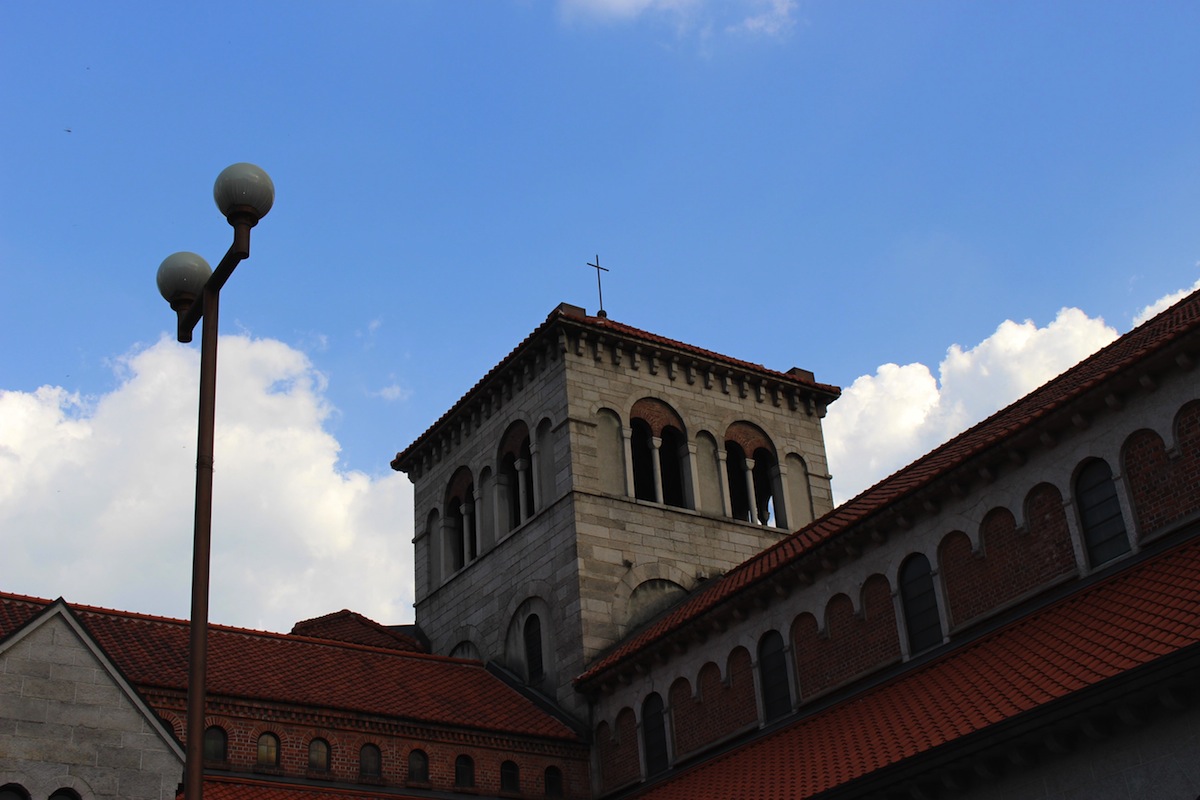The year was 1987. My aunt Kristina, then 20 years old, was with Goshen College’s fourth SST group to China. The group was stationed in Chengdu, Sichuan Province, living in dorms and attending classes at Sichuan University.
China was still nine years fresh from “Reform and Opening,” and the long, slow crawl toward modernity had just begun. Bicycles lined the car-less streets and SSTers relied solely on the tedious process of snail mail.
For her service location, Kristina was assigned to teach English classes at the university. During this time she became especially close to one student in her class, Zhang Xiaowei, or Kathy, a spunky and out-going young woman. Every day Kathy and Kristina would meet after class to eat noodles or walk around the city. Despite their cultural differences the two formed a deep bond of friendship.
“We would talk about everything,” Kathy said.




